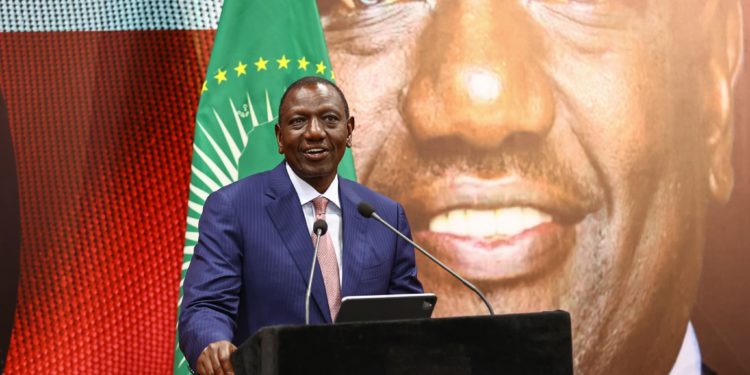Kenya is set to receive a financial boost from international lenders as the World Bank prepares to approve USD 1.2 billion (KES 156.0 billion) in budget financing, slightly below the anticipated USD 1.5 billion (KES 195.0 billion), while the International Monetary Fund (IMF) plans to disburse an additional USD 937 million (KES 121.8 billion) after reviewing the nation’s performance under its 2021 loan program.
The World Bank’s funding aims to assist Kenya in reducing its reliance on commercial debt, with the funds earmarked to finance the nation’s budget for the fiscal year ending June 30.
This financing comes at a critical time when Kenya faces challenges due to higher interest rates, tightening credit markets, and vulnerabilities such as lower export competitiveness and high levels of public debt.
Despite the slightly lower amount from the World Bank, the funds will provide essential support for Kenya’s fiscal management, particularly as revenue collection lags behind targets. In addition to the World Bank’s financing, Kenya anticipates receiving USD 937 million from the IMF, following a review of the nation’s performance under its loan program.
The IMF’s disbursement, along with funds from the World Bank, will bolster Kenya’s foreign reserves and provide crucial budget financing support.
These injections of capital come as Kenya faces financial obligations, including the repayment of a Eurobond, with approximately USD 600 million (KES 78.4 billion) remaining to be paid at maturity in June. The nation managed to avoid defaulting on its Eurobond after rolling over most of the amount, alleviating concerns among investors and leading to a drop in the bond’s yield.
However, fiscal risks persist, with revenue falling below targets and the nation at high risk of debt distress. The IMF-supported program aims to address these challenges through a fiscal consolidation plan targeting a reduced budget deficit and measures to enhance resilience against climate change.
While the additional financing will bolster Kenya’s foreign reserves and provide much-needed budget support, concerns remain about the impact on taxpayers. Kenya’s debt distress remains high, and reducing debt vulnerabilities is a central objective of the IMF-supported program. With the nation facing a Eurobond maturity and arrears to address, the funds will help alleviate immediate financial pressures but may increase the burden on taxpayers in the long run.












